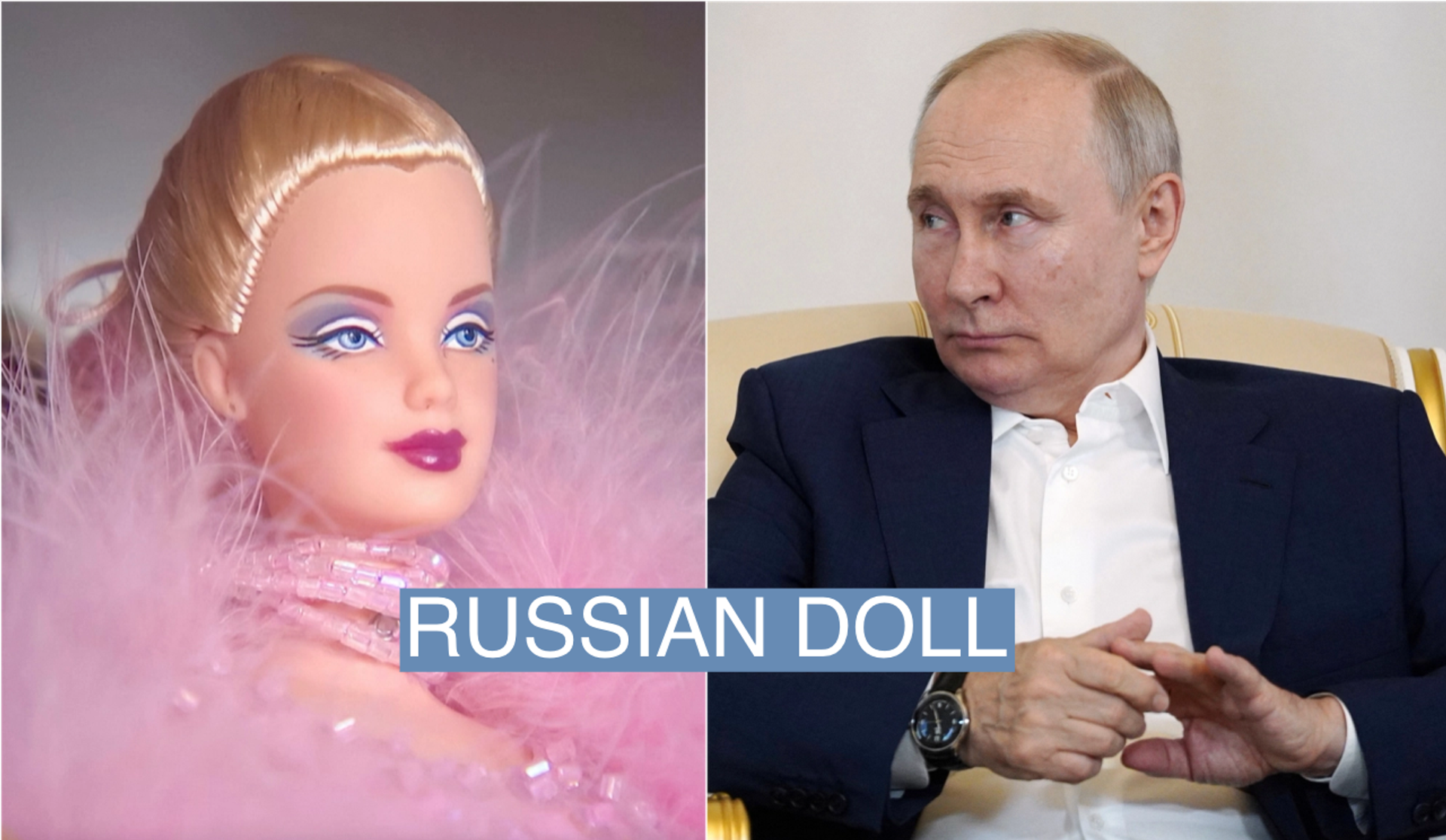The News
Barbie won’t be officially released in Russia, since Warner Bros. stopped doing business in the country after it invaded Ukraine.
But Barbiemania has nonetheless swept Russia.
Residents are “dressing up in pink, going to Barbie-themed parties and living out their Barbie dreams,” The Moscow Times reported, accompanied by photos of Russian Barbie fans decked out in hot pink or in their favorite Barbie costume.
Fans might also help to fund the unofficial and legally dubious release of the movie in Russia, per local news reports.
The Barbie craze recalls the somewhat complicated legacy of the doll in Russia.
Insights
- Barbies first appeared in the Soviet Union in the late 1980s, “together with chewing gum and blue jeans and Snickers and other attributes of the new world that was opening up before the Soviet people” under Mikhail Gorbachev, Radio Free Europe/Radio Liberty’s Tatyana Voltskaya wrote in 2009. Voltskaya said she was probably one of the first people in the Soviet Union to play with a Barbie, after an uncle brought one back from a trip to Denmark.
- After the Soviet Union fell, Barbies began to be officially sold in Russia. And they were wildly popular, in part because they were more stylish and less bulky than Soviet dolls, The Washington Post reported in 1992. “The love affair with Barbie in the new Russia is not an isolated example of this country’s fascination with all things Western,” the paper wrote, noting that Barbies were relatively expensive for ordinary Russians.
- In 2002, President Vladimir Putin banned Barbies and other Western toys, saying they pollute the minds of the country’s youth and feed their sexual impulses. “The move will be seen as part of the Kremlin’s attempts to control the sense of identity of young Russians,” The Guardian reported.
- The creator of Barbie has a connection to Russia. Ruth Handler, a businesswoman who cofounded Mattel and named Barbie after her daughter Barbara, was the daughter of a Jewish man who escaped conscription in the Russian army and came to the U.S. in the early 1900s, Haaretz reported.
- Today, Russians appear eager to watch the blockbuster film inspired by the doll, despite Putin’s “battle for cultural supremacy” that aims to position Russia as an alternate to Western liberalism and soft power. According to news reports, a Russian studio plans to torrent the film when it becomes available, collect funds from fans, and dub the movie in Russian for a wide release.
AD
